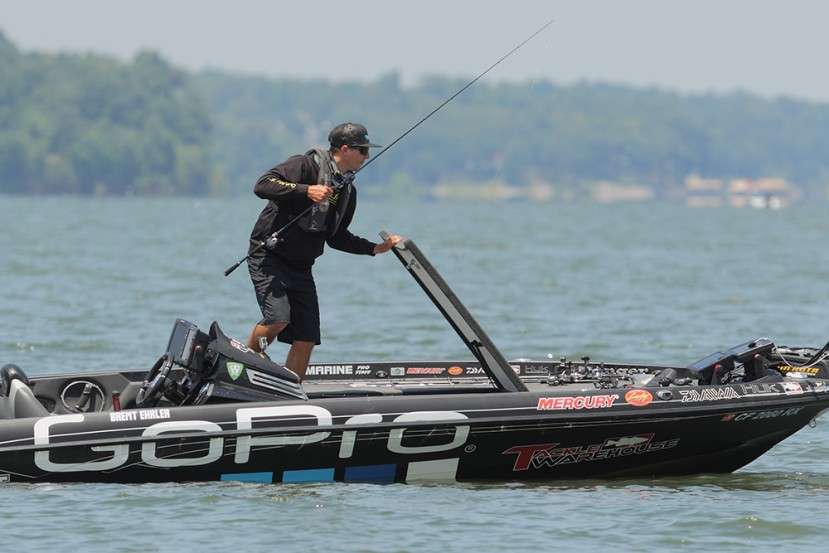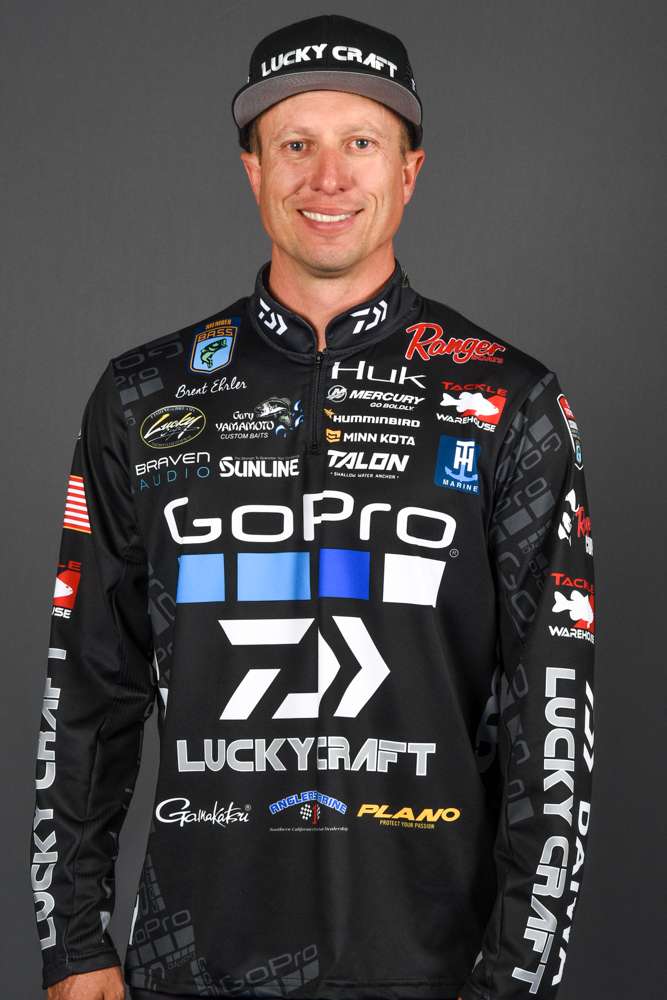
Well, it’s been a wild and wonderful last few weeks. My win at the Toyota Texas Bass Classic was very special and gratifying for a couple of reasons. One, I caught the biggest bass I’ve ever landed in tournament competition: a 10-pound, 11-ounce Texas monster. She was the exclamation point on my rally in the closing hour, making it a dreamlike ending when everything comes together perfectly.
Most importantly, though, that win restored my belief that a guy like me can still find winning fish through a lot of hard work, dedication, self-reliance and exploration of new water.
The thing I thrive on most in fishing is finding fish on my own reconnaissance. For me, it’s more about the exploration of new water and the experimentation with different lures – the adventure of uncovering an untapped pattern or school is what drives me.
Much in the way legendary treasure hunter Mel Fisher finally uncovered the gold-laden shipwreck called the Atocha after decades of fruitless searching – fishing for me is a treasure hunt, except I’m looking for a trove of green gold that’s constantly on the move. It’s the reason I became a professional fisherman. I love the thrill of discovering a technique, pattern or location few others have tapped and the satisfaction that comes with catching those bass on tournament day.
That’s why I spend long, exhausting hours on the water, from daylight to dark, scouring miles and miles of water with thousands of unanswered casts to find that mother lode.
This is also why I’m astounded when I hear about tournament anglers (of all levels) who are handed a bunch of waypoints and are basically told where to go fish and what to throw. Early in my career, it was something I didn’t want to believe happened in bass tournaments, especially in the higher tier tours, but it does.
Something else that freaks me out is how some tournament anglers have no problem just pulling up and dropping their trolling motor on a place where they just saw a guy catch a fish.
I have to ask, where’s the thrill in that? As a tournament angler, where is the self-satisfaction in catching fish that someone else specifically directed you to?
Okay, so I might be venting just a bit after being on Kentucky Lake for a week…but before you think I’m climbing on a tall horse named “Self Righteous,” please hear me out. I completely understand that I don’t own a drop of water on Kentucky Lake – or any other lake for that matter. I understand that every single person has a right to fish public waters any way they see fit. And no, I’m not trying to start a witch hunt on those who get waypoints.
I thoroughly research lakes, too. And I get waypoints of well-known hotspots and community holes, too – so I can avoid them. I have never in my career taken the information someone gave me, tried it and thought: Yep, this is exactly where and how I’m going to fish the tournament, guess I’ll put it on the trailer now. That acquired information is not the end, it’s the beginning of a long tedious search for something overlooked or undiscovered – that’s where the real thrill of this sport is.
Thankfully, there are other anglers who are driven by the same thrill of finding their own fish. These guys would rather finish 100th than run a series of waypoints from the best local stick on the lake. They want to do it on their own – it’s a critical part of becoming a better angler.
Please believe me when I say there really is such a thing as finding your own fish – it’s not a myth. It’s entirely possible to find fish on a lake you have never been to without getting a top local’s waypoints or having to go see where others catch them.
I’ve done it successfully at Logan Martin, Lake Cumberland, Table Rock, Ouachita, Hartwell, Lewis Smith Lake, Amistad and most recently, Fork.
Doing research on lakes to learn what kinds of lures are successful on that body of water is great. Learning where a few of the well-known hotspots are is fine. But once you have done that, do yourself a favor: go searching far beyond that common knowledge. Explore water that looks good to you; try lures that no one mentioned as “must haves” for that particular lake.
There are still lots of untapped, bass-filled Atochas out there, go find yours – it’s the most rewarding feeling there is in bass fishing. Thankfully, Lake Fork reminded me of that.

